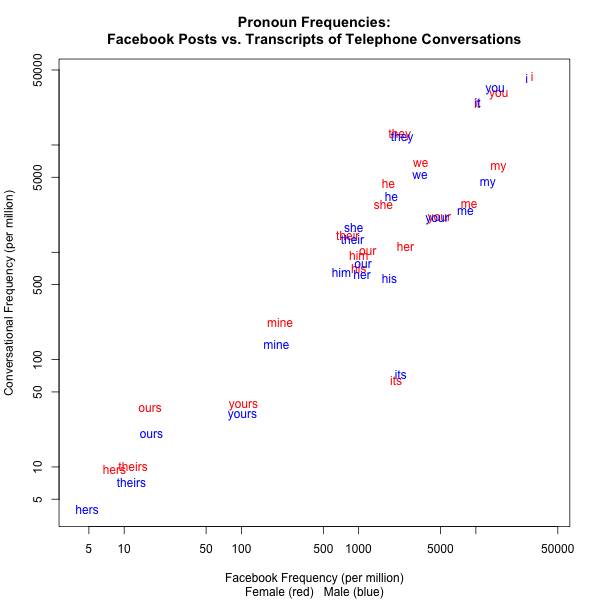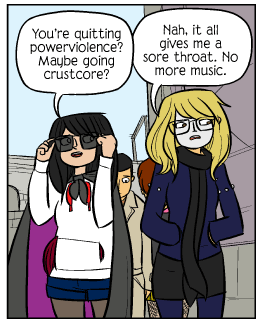Postcard from Edinburgh
The Edinburgh Festival season is almost over. Giant tents are already being taken down at the BBC site on university land below my office window. Soon (Sunday, August 31) will come the final outdoor concert in the Princes Street Gardens, with the Scottish Chamber Orchestra sitting below a thousand-year-old castle playing dramatic music (Ride of the Valkyries, War March of the Priests from Athalie, Marche Écossaise, 1812 Overture) as hundreds of thousands of dollars' worth of fireworks explode in perfect computer-synchronized time to the music.
The Festival Fringe, an enormous array of performances and events dwarfing the actual Edinburgh International Festival, turns the entire city into one huge crazy street party, with jugglers and escapologists and buskers performing in every nook and cranny of the ancient streets and pay-for-tickets performances in every rentable club or hall or church or room that can be turned into performance space. Literally millions of tickets have been sold for literally thousands of performances at literally hundreds of venues (there's a reason I haven't been writing much for Language Log this past month). The Fringe is far too big to provide grammatical advice to performers; one show I went to, a fabulous taiko drumming exhibition, advertised itself under the totally ungrammatical phrase "Japan Marvelous Drummers".
Every comedian in the country has been here this month to try out new material for the fall season in the clubs and theaters, and in consequence I can now bring to Language Log (in case you missed the British newspapers reporting it about a week ago) the Best Joke of 2014.
Read the rest of this entry »
Permalink Comments off





